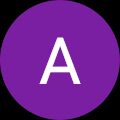Kochleaimplantat und knochenverankerte Hörgeräte
Ein Cochlea-Implantat ist ein elektronisches Gerät, das Menschen mit Hörverlust aufgrund von Schäden im Innenohr hilft, das Hören wiederzuerlangen, indem es den Schall direkt an den Hörnerv überträgt.
Machen Sie jetzt den ersten Schritt
Für weitere Informationen kontaktieren Sie uns bitte.
Vereinbaren Sie jetzt einen Termin mit Prof. Dr. Mustafa Deniz Yılmaz. Machen Sie den ersten Schritt in Ihrer Behandlung und lassen Sie uns gemeinsam mit individuell abgestimmten Lösungen Ihren Weg zur Gesundheit beginnen.
Cochlea-Implantate
Was ist ein Cochlea-Implantat?
Ein Cochlea-Implantat ist ein elektronisches Gerät, das die Funktion der beschädigten oder fehlenden Haarzellen im Innenohr (Cochlea) nachahmt und das Hören ermöglicht, indem es den Schall direkt an den Hörnerv überträgt.
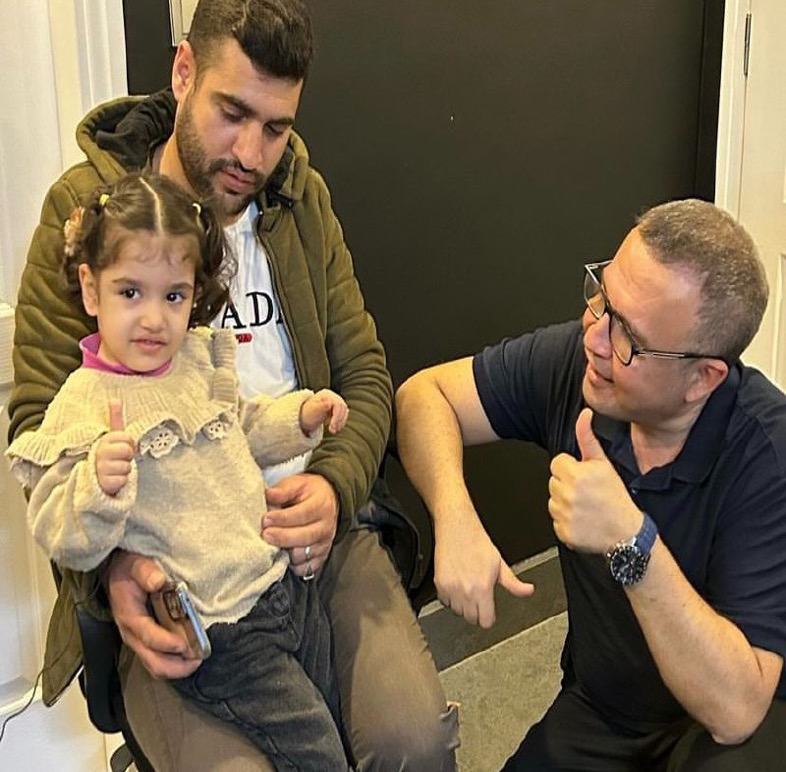
Wer ist ein Kandidat für ein Cochlea-Implantat?
Personen mit schwerem bis hochgradigem Hörverlust, die von Hörgeräten nicht ausreichend profitieren, sind in der Regel Kandidaten für ein Cochlea-Implantat. Sowohl Kinder als auch Erwachsene können für diese Operation geeignet sein.
Wie wird die Cochlea-Implantat-Operation durchgeführt?
Die Operation erfolgt unter Vollnarkose und dauert etwa 2-3 Stunden. Der Chirurg platziert das Implantat im Innenohr und ein Empfänger-Gerät unter die Haut, das Schallwellen aus der Außenwelt erfasst.
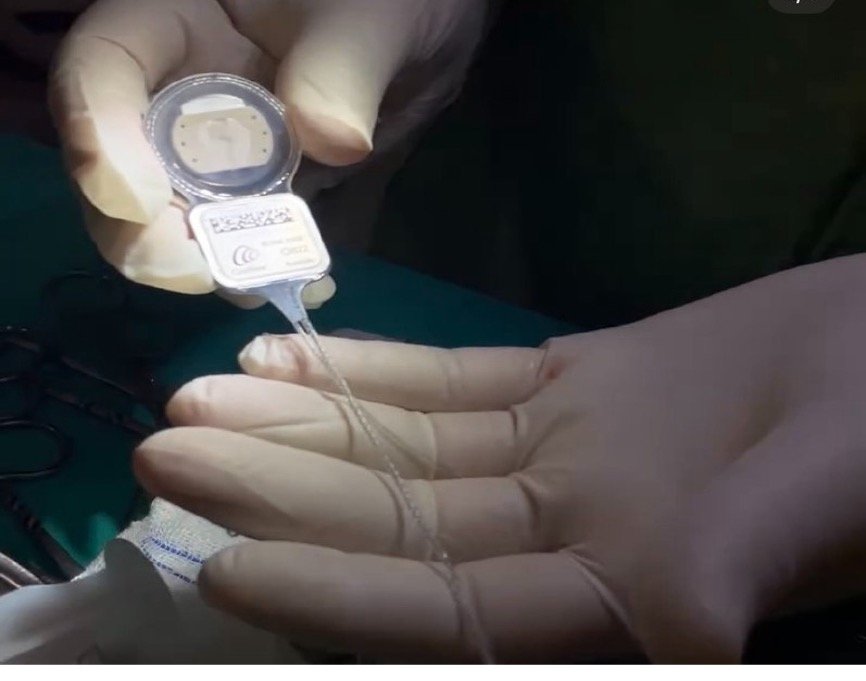
Wann beginnt das Hören nach der Operation?
Nach der Operation wird einige Wochen für den Heilungsprozess gewartet. Die erste Aktivierung erfolgt in der Regel 2-4 Wochen nach der Operation. In diesem Stadium wird der externe Teil des Implantats angebracht und das Gerät aktiviert.
Welche Risiken birgt das Cochlea-Implantat?
Zu den Risiken der Operation gehören Infektionen, Schäden am Gesichtsnerv, Schwindel und Funktionsprobleme des Geräts. Diese Komplikationen sind jedoch selten.
Ist die Pflege eines Cochlea-Implantats schwierig?
Der externe Teil des Cochlea-Implantats muss regelmäßig gereinigt und gewartet werden. Zudem sind regelmäßige Kontrollen erforderlich, um sicherzustellen, dass das Gerät ordnungsgemäß funktioniert.
Ermöglicht ein Cochlea-Implantat normales Hören?
Ein Cochlea-Implantat bietet ein hörähnliches Erlebnis, erreicht jedoch kein völlig normales Hören. Für die Verbesserung und Rehabilitation des Hörprozesses sind Zeit und Training erforderlich.
Knochenverankerte Hörgeräte (BAHA – Bone Anchored Hearing Aids)
Was ist ein knochenverankertes Hörgerät (BAHA)?
Ein knochenverankertes Hörgerät ist ein Hörgerät, das Schall über den Schädelknochen an das Innenohr weiterleitet. Es ist besonders für Patienten mit Schallleitungsschwerhörigkeit, einseitiger Taubheit oder Mikrotie geeignet.
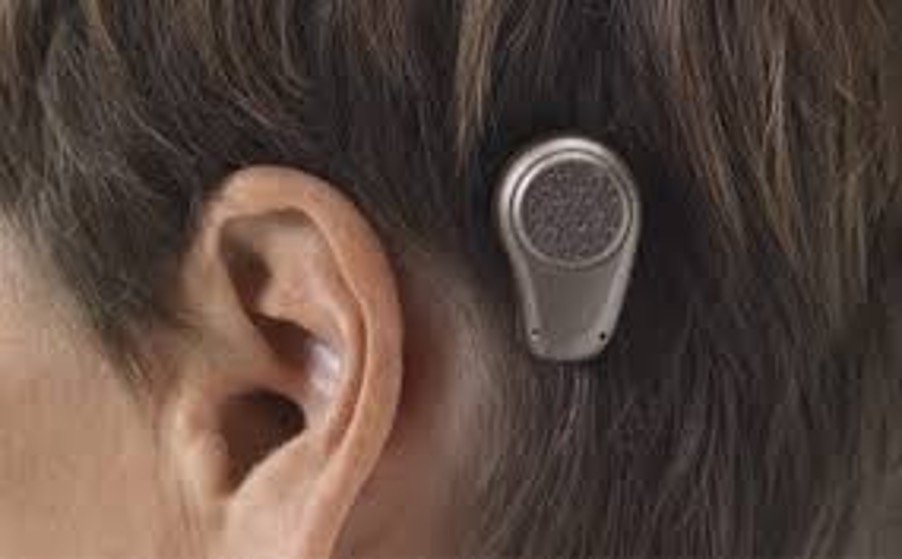
Für wen ist BAHA geeignet?
Personen mit Schallleitungsschwerhörigkeit, die aufgrund von Problemen im äußeren Gehörgang oder im Mittelohr keine herkömmlichen Hörgeräte verwenden können, oder Personen mit einseitigem Hörverlust sind geeignete Kandidaten für BAHA.
Diese Geräte sind in aktive und passive Typen unterteilt. Aktive Implantate bieten in der Regel eine bessere Leistung bei hohen Frequenzen als passive Geräte und basieren auf neuerer Technologie.
Wie funktioniert BAHA?
BAHA wandelt Schall in Vibrationen um und überträgt diese direkt über den Schädelknochen an das Innenohr, sodass das Mittelohr umgangen wird und der Schall direkt den Hörnerv erreicht.
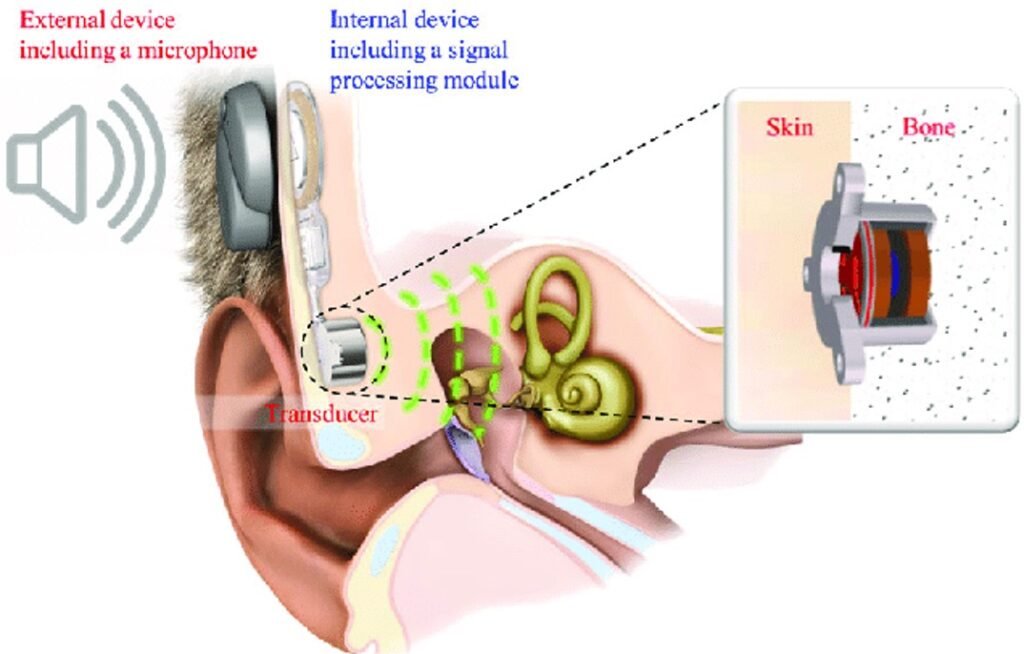
Wie wird die BAHA-Operation durchgeführt?
Die BAHA-Operation kann unter lokaler oder allgemeiner Anästhesie durchgeführt werden. Der Chirurg platziert ein kleines Titan-Implantat im Schädelknochen, auf das nach dem Heilungsprozess das Hörgerät montiert wird.
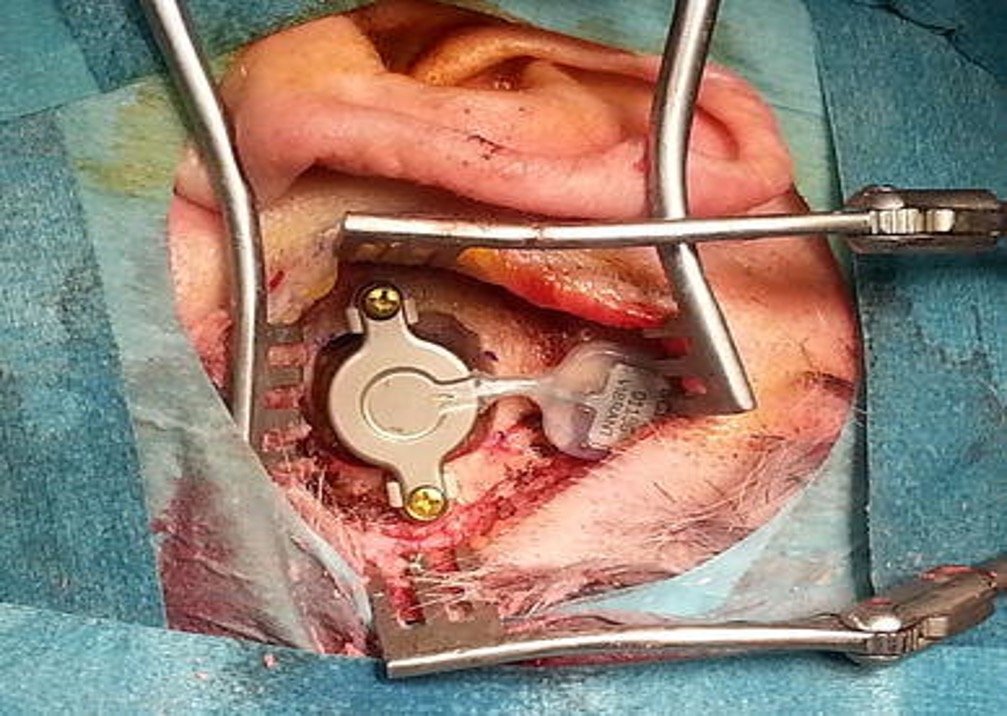
Ist die Verwendung von BAHA schwierig?
Die Verwendung von BAHA-Geräten ist in der Regel einfach. Allerdings muss das Gerät regelmäßig gereinigt und gewartet werden. Auch die Batterielaufzeit und die Funktionsfähigkeit des Geräts sollten überwacht werden.
Wann kann BAHA nach der Operation verwendet werden?
Nach der Operation muss einige Wochen oder Monate gewartet werden, damit das Implantat mit dem Knochen verwachsen kann. Nach Abschluss dieses Prozesses kann das Gerät aktiviert werden.
Welche Risiken birgt BAHA?
Mögliche Risiken umfassen Infektionen, die Lockerung des Implantats oder mechanische Probleme mit dem Gerät. Solche Komplikationen treten jedoch selten auf.
Wie stark verbessert BAHA das Hören?
BAHA kann das Hörvermögen insbesondere bei Menschen mit Schallleitungsschwerhörigkeit erheblich verbessern. Die Qualität des Gehörten kann jedoch je nach individuellen Erwartungen und Umständen variieren.
My paths crossed with Dr. Deniz because of my vocal cord polyp. My indecision before my doctor cost me 8 months. It didn't take us 8 minutes to get examined and decide on surgery. I pray for you for restoring my hoarse voice. I'm so glad Mustafa Deniz Yılmaz🙏
My nephew Ugur Karaer was suffering from empty nose syndrome. We went to every doctor in Istanbul. Finally, God brought us to Dr. Deniz. He performed the surgery successfully and saved my nephew's life. May God bless him.
I don't know how many surgeries I've had myself. But when it comes to children, everything calms down. 🙁 After seeing three doctors for my 2.5-year-old daughter's adenoid and tonsillectomy, we thankfully found Prof. Dr. Mustafa Deniz Yılmaz. His knowledge and patient approach made us believe he was by far the best doctor in this field. His assistant, secretary, the specialist who performed the hearing test... the entire team was extremely professional. Success is a team effort. That's why the whole process went smoothly, and we left satisfied. 💕 May God bless him 🙏🏻
We came from Almaty on vacation, and my son started having ear pain from the very first day. They recommended drops and medications, but nothing helped. We stumbled across a doctor online and decided to take a chance. She turned out to be wonderful, and after the first dose of medication, my son felt better. Within a week, there was no trace of the infection. Special thanks to the translator for her care, understanding, and professionalism.
I was suffering from empty nose syndrome. For those who don't know, I should say that almost all of my nasal tissue was removed. It is a very bad disease. I went to 100 ENT doctors in Istanbul and they couldn't find a solution. Finally, I found Deniz Hoca, who is an expert in this field, and he took cartilage from my rib and performed the surgery and I got better. Thank you very much for everything.
I had a tonsillectomy performed by our doctor, Mustafa Deniz Yılmaz. The surgery went smoothly, and although it's said to be more difficult for adults, I recovered very quickly. I'm so glad I chose Mustafa.
Hello, they told me that my parotid gland needed to be removed. I went to so many doctors that I finally decided on Dr. Mustafa. I am glad I chose Dr. Mustafa. You do not need to look for a doctor, you can choose my doctor with peace of mind without any worries.
I had a nose surgery 9 months ago by Mustafa Deniz Hoca. Both he and his team are always in touch with you before and after the surgery and provide detailed answers to questions. I am very pleased with my nose in terms of aesthetic appearance and health. Thank you and your entire team for everything.
First of all, I would like to thank my instructor Mustafa Deniz Yılmaz for his efforts. I had a nose surgery about 4 months ago. Like everyone else, I had the opportunity to research and compare the videos taken by many people who had this surgery and the perspectives of experts in their field on nose surgeries. I am very happy that I made the right decision and had surgery with my instructor Mustafa. I sincerely recommend my instructor Mustafa to everyone who wants to breathe both aesthetically and healthily and has problems.
I had a nose surgery in February. They never failed to show interest from the moment I entered the clinic until the last moment. No one even understands that I had plastic surgery. Mr. Deniz is one of the best in his field. I recommend it to everyone.
I had a nose surgery 3.5 months ago. The surgery and recovery process went great. There are a few things you should pay attention to after the surgery, they don't affect your quality of life too much. The doctor makes you feel very comfortable about that because it's not as complicated as you think. Other than that, I can breathe easily now, which is the most important thing. Also, Assistant Ayşegül Hanım gets back to you directly at any time of the day, no matter how long it has been since the surgery, if you have any questions. I'm very happy that I chose the right doctor.
I met Dr. Deniz upon the recommendation of another patient. He performed my ear surgery approximately 6 months ago with the diagnosis of Cholestatum. His care and follow-up of his patient both before and after the surgery for 6 months is commendable. I would also like to thank Dr. Deniz for his confidence in his patient and his friendly approach. I am in a much better position after the surgery, both in terms of hearing and risk of infection. I would like to thank Prof. Dr. Mustafa Deniz Yılmaz and his team.

Art der Anästhesie: Allgemein

Betriebszeit: 2-3 Stunden

Schmerzen: Mild

Dauer des Aufenthalts im Krankenhaus: 1 Nacht
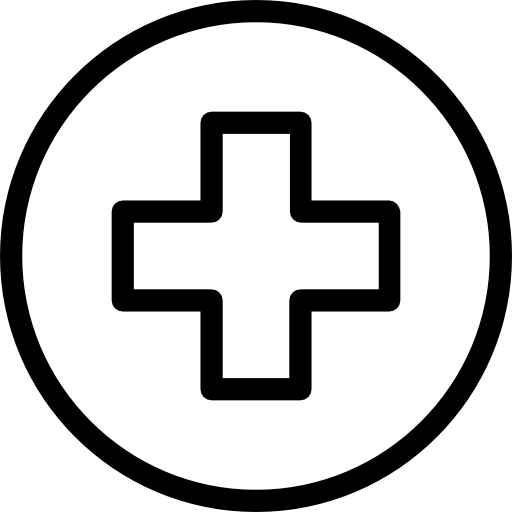
Erholungszeit 7 Tage
Füllen Sie das Formular aus
Wir rufen Sie an
Machen Sie jetzt den ersten Schritt
Für weitere Informationen kontaktieren Sie uns bitte.
Vereinbaren Sie jetzt einen Termin mit Prof. Dr. Mustafa Deniz Yılmaz. Machen Sie den ersten Schritt in Ihrer Behandlung und lassen Sie uns gemeinsam mit individuell abgestimmten Lösungen Ihren Weg zur Gesundheit beginnen.




